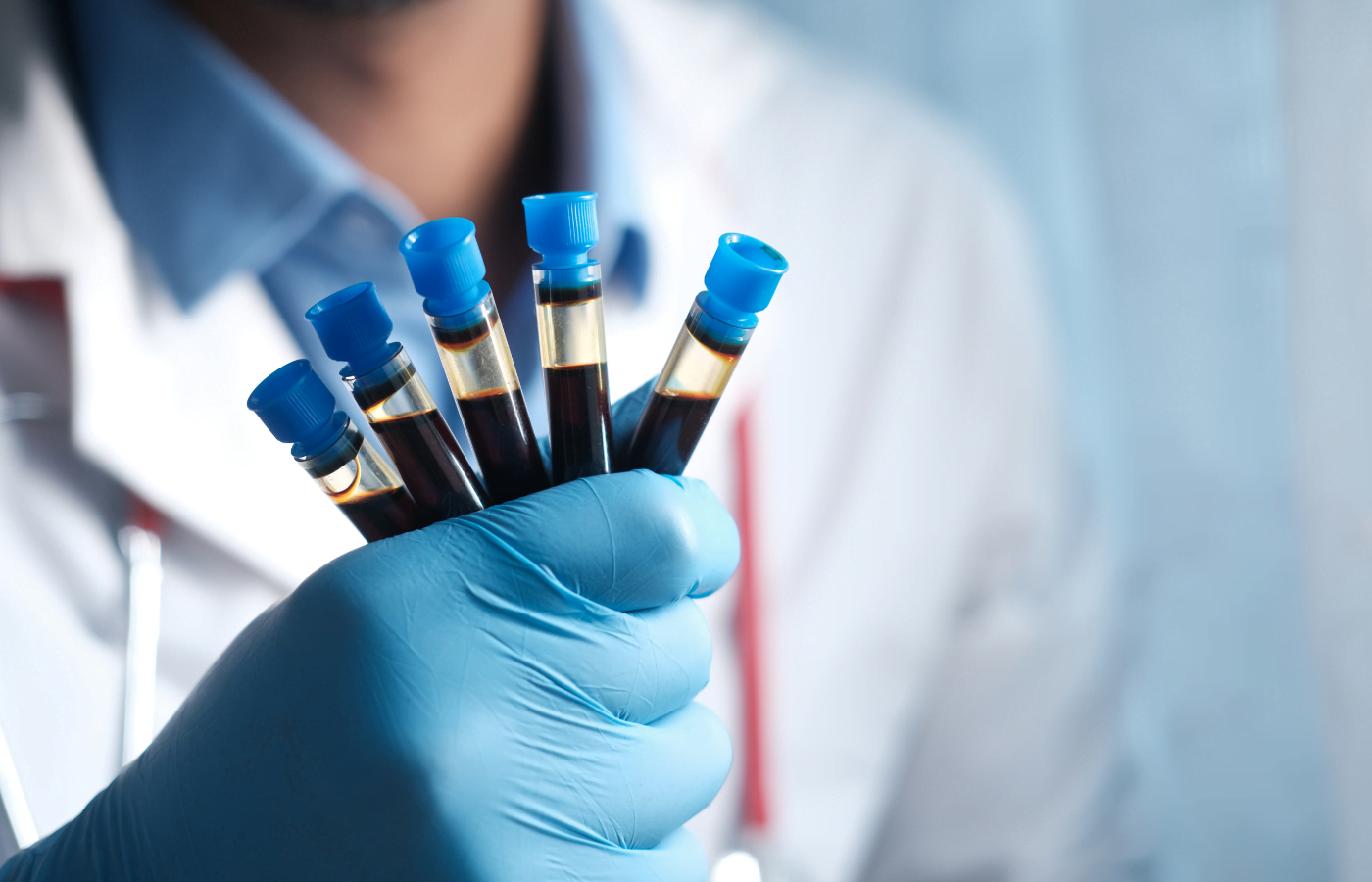
Blood cancer, including leukemia, is a life-threatening condition that affects the production and function of blood cells. It originates in the bone marrow, where blood cells are formed, leading to abnormal growth and disrupting normal body functions. Early detection through a blood test near me can help diagnose the disease at an early stage and improve treatment outcomes. This blog will explore the common blood cancer symptoms, leukemia diagnosis, and treatment options to help you stay informed and take the right steps toward timely medical intervention.
Blood cancer is a broad term for cancers that affect the blood, bone marrow, or lymphatic system. The main types include: Leukemia – Affects white blood cells and impacts the immune system. Lymphoma – Affects lymphatic tissues, leading to immune dysfunction. Myeloma – Affects plasma cells, which help fight infections. Among these, leukemia is one of the most common forms and requires timely diagnosis and treatment.
Early signs of blood cancer can often be subtle, making it important to watch out for warning symptoms such as: Unexplained Fatigue: Constant tiredness due to reduced red blood cells, Frequent Infections: Weakened immunity caused by abnormal white blood cells, Easy Bruising & Bleeding: Low platelet count leading to excessive bruising, Swollen Lymph Nodes: Lumps in the neck, armpits, or groin, Fever & Night Sweats: Persistent fever or excessive sweating, especially at night, Bone & Joint Pain: Cancer cells accumulating in the bone marrow, Sudden Weight Loss: Unexplained loss of appetite and weight. If you experience any of these blood cancer symptoms, consult a doctor immediately and get a blood test near me for further evaluation.
Diagnosing leukemia involves multiple tests to confirm the presence of abnormal blood cells. The most common diagnostic methods include:
1] Complete Blood Count (CBC): A simple blood test that detects abnormal levels of white blood cells, red blood cells, and platelets.
2] Bone Marrow Biopsy: A small sample of bone marrow is tested for leukemia cells.
3] Flow Cytometry: Identifies specific types of blood cancer by analyzing blood cell markers.
4] Genetic Testing: Helps detect mutations that may indicate leukemia.
If your doctor suspects blood cancer, they may recommend a blood test near me to begin the diagnostic process.
Treatment for blood cancer and leukemia depends on factors like cancer type, stage, and overall health. The main treatment options include:
1] Chemotherapy - The most common treatment for leukemia, using drugs to destroy cancer cells. Administered orally or intravenously in multiple cycles.
2] Radiation Therapy - Uses high-energy radiation to target and kill cancer cells. Often used before a bone marrow transplant to destroy diseased cells.
3] Bone Marrow Transplant (Stem Cell Therapy)- Replaces damaged bone marrow with healthy stem cells. Can be from a donor or the patient’s own cells.
4] Immunotherapy & Targeted Therapy - Boosts the body’s immune system to fight cancer. Uses drugs that specifically target cancer cells without harming normal cells.
Early diagnosis and timely blood tests can help determine the best course of treatment for leukemia and other blood cancers.
Blood cancer, including leukemia, is a serious condition that requires prompt medical attention. Recognizing blood cancer symptoms early and undergoing the right blood test near me can help in early detection and better treatment outcomes. At Diagnopein, we offer advanced blood tests and cancer screenings to ensure timely diagnosis and expert medical guidance.